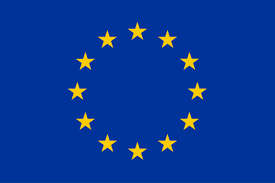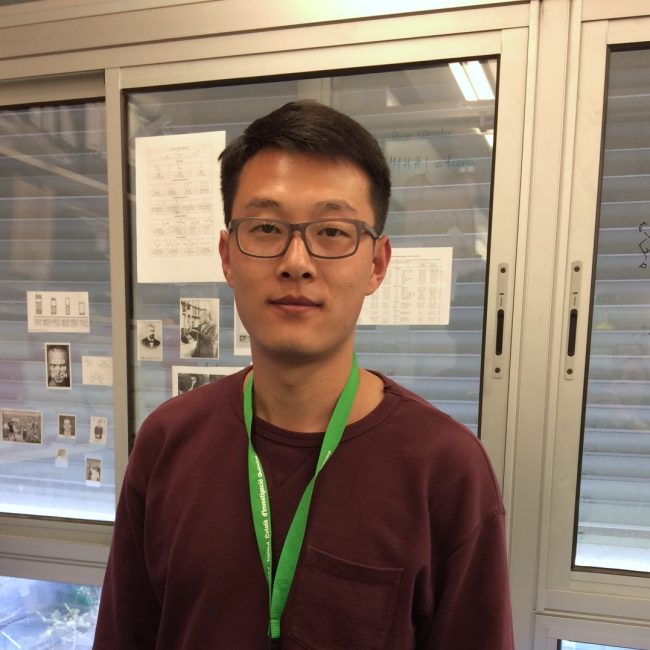FAT-FEEDOX deals with the development of an innovative and unconventional catalytic de novo approach to fatty acids,
privileged motifs on the manufacture of detergents, soaps, dyes, plastics, agrochemicals and pharmaceuticals, using simple,
available and abundant carbon dioxide (CO2) and alkanes, compounds derived from the crude oil. Specifically, FATFEEDOX will promote a synergistic catalytic C(sp3)–H activation /CO2 insertion event of readily available alkane chemical
feedstocks. The project will offer all the necessary understanding behind the factors influencing both C(sp3)–H activation
and the subsequent CO2 insertion event, thus opening up new horizons in preparative organic chemistry as well as offering
solutions to a social, industrial and academic problem such as the use of multiple chemical feedstocks to produce addedvalue compounds. FAT-FEEDOX will lead to new knowledge in synthetic design, thus providing new logics in retrosynthetic
analysis that will likely attract the interest of both pharmaceutical and industrial laboratories and a significant step-forward for
our circular economy.
This project sits at the interface between the applicant and the supervisor’s background. The applicant has the experience in
C-H functionalization part, which is defined as the first step of this project. The applicant will gain more skills in the CO2
activation from the host group during this fellowship. Therefore, the applicant can contribute his own expertise in part of this
project independently, meanwhile he can learn new techniques from the host, which will benefit back. The fellowship will
develop the applicant’s capacities by providing new laboratory skills, which will broaden his research field. This invaluable
experience will make him more independent and competent for building his future research career.
 This project has received funding from the European Union’s Horizon 2020 research and innovation program under grant agreement 844854
This project has received funding from the European Union’s Horizon 2020 research and innovation program under grant agreement 844854
